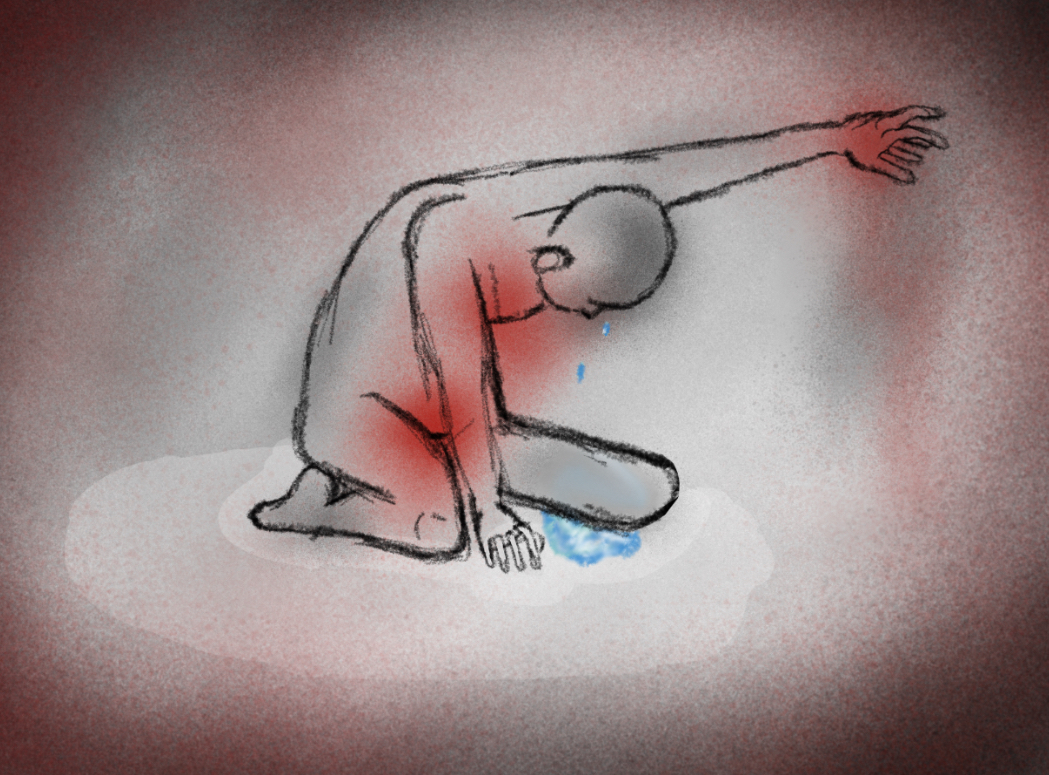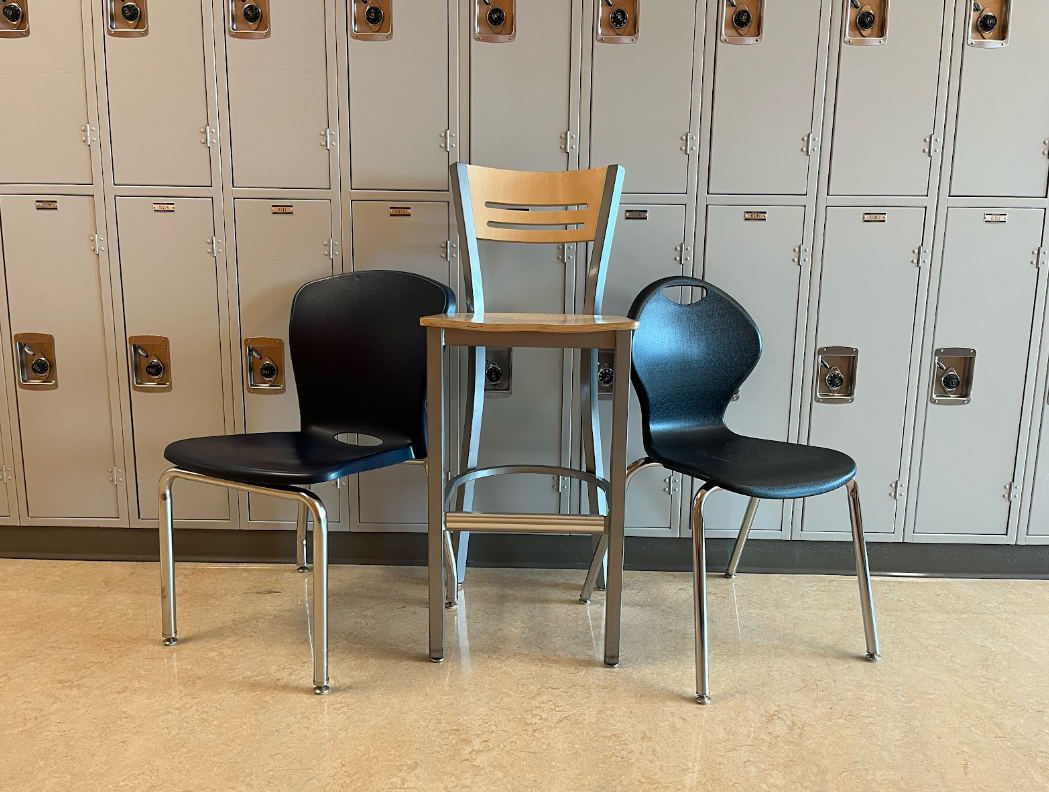Personally, I have noticed that on days that I start at 7:45 am, I am a lot less productive. I wake up tired, as I have stayed up doing various things whether it be work, homework, chores, etc. This leads to me rushing to get ready, while getting my school stuff together and ultimately not having enough time to eat breakfast, which is commonly known for being the most important meal of the day.
On the other hand, I have an off block on B days. This gives me about a little more than an hour of extra time in the mornings. I can eat a real breakfast, take my time getting ready, and even fit some school work into my mornings. I always feel more fulfilled and productive.
Despite my own personal experience, research done by the CDC has shown that many things affect teenagers’ ability to get proper sleep, such as early start times. Teenagers’ sleep cycle is affected by their circadian rhythm/sleep cycle. According to the CDC, the teenage body leads to them not feeling tired until later in the day. The sleep foundation says that “If allowed to sleep on their own schedule, many teens would get eight hours or more per night, sleeping from 11 p.m. or midnight until 8 a.m. or 9 a.m.” However due to early start times in school districts teens usually are not able to reach a significant amount of sleep time while also arriving to school on time.
Lack of sleep can also significantly affect grades. NIH says, “If you haven’t slept, your ability to learn new things could drop by up to 40%.” And a study showed that the lower average of sleep during the semester predicted lower GPAs.
This is a serious issue as not getting enough sleep can impact students in many ways, not only in school but also in their everyday life. Better Health gives some examples such as: “…impacting their mental wellbeing, increasing their risk of depression, anxiety and low self-esteem.” It is evident that students’ mental health is heavily influenced by their ability to get proper sleep.
Lack of sleep can affect physical health as well. If you’re not getting enough sleep, your ability to work and react can be hindered. The NIH lists many things that good quality sleep contributes to: growth and development, your body’s ability to fight germs and sickness, decreased health struggles, and more.
It’s clear that these are all avoidable issues if we make it possible to give students a better opportunity to get proper sleep. This can be done by just pushing that start time back by an hour.
Overall, pushing start times back would not only improve students’ mental and physical state, but also help school behaviors such as attendance and learning.




















